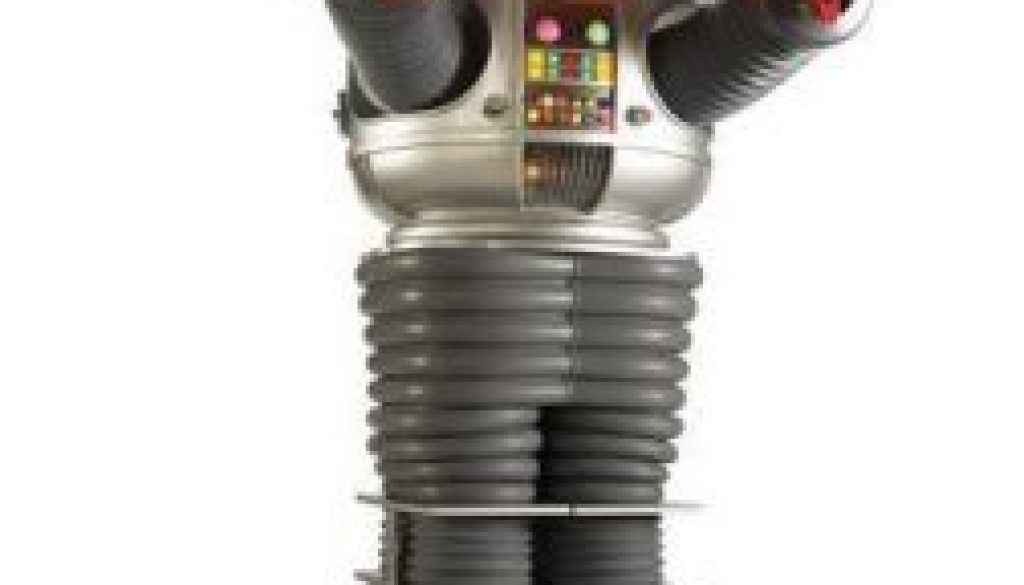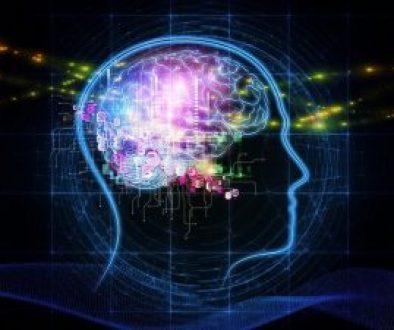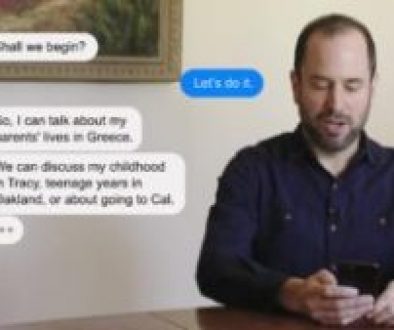The Avatar Revolution: Here Come The New Humans
Source: “The Avatar Revolution: Here Come The New Humans”
When it was unveiled in June 2000, the first draft of the human genome marked a new stage in our understanding of who we are. Ten years later and our view of human identity may be changing again. Thanks to the plethora of personal information about each of us on the internet, we may soon have a digital twin.
Like it or not, most of us already have a digital identity of one form or other. This may be just a photo or, like a Facebook profile, it might be packed with personal details. For many, our digital self has become a handy tool to communicate, network, blog, to buy and sell or to play games online – a useful extension to the real world. But as we leave increasing amounts of personal data behind on the net, the online world could give birth to a digital persona.
The idea would be to capture an individual’s personality by uploading personal material and memories and then fuse all this with information harvested online, creating a truly lifelike avatar. Although this lies very much in the future, one of our reporters has taken the first steps down this path (see “Immortal brain: you can live forever”).
Some may feel that a virtual self is an invasion of our privacy, at least judging by the avalanche of complaints that fell on Facebook when it recently changed its privacy settings to reflect how – or so it thought – more people want to share more information.
However, such avatars aren’t likely to present a new kind of challenge to security, if anything it will be variation on the same old data protection issues.
More interesting is the degree to which people’s online character reflects their offline persona. An avatar built on information about you gathered from across the web might evolve in a completely different way to one that you might make yourself.
Take your avatar’s “memories” of an event such as a party: these will depend not just on what you upload, but also on what your avatar collects from other party-goers, through images or stories on social networking or photo-sharing sites.
These alternative perspectives might provide a more objective picture of who you are – your avatar could become a more universal you than the you yourself are willing to reveal.
Your avatar could become a more universal you than the you yourself are willing to reveal
For now, avatar technology remains primitive. But the agricultural revolution saw a vast expansion of what human beings could accomplish together and the industrial revolution saw power shift from rural nobility to urban business. The digital identity revolution in its turn could transform how people think about themselves, their life, and their neighbors. The rise of the avatar could change our ideas about what it means to be human.
© Copyright Reed Business Information Ltd.




